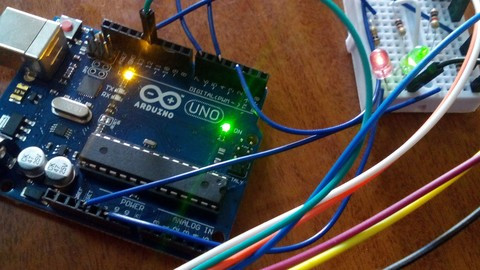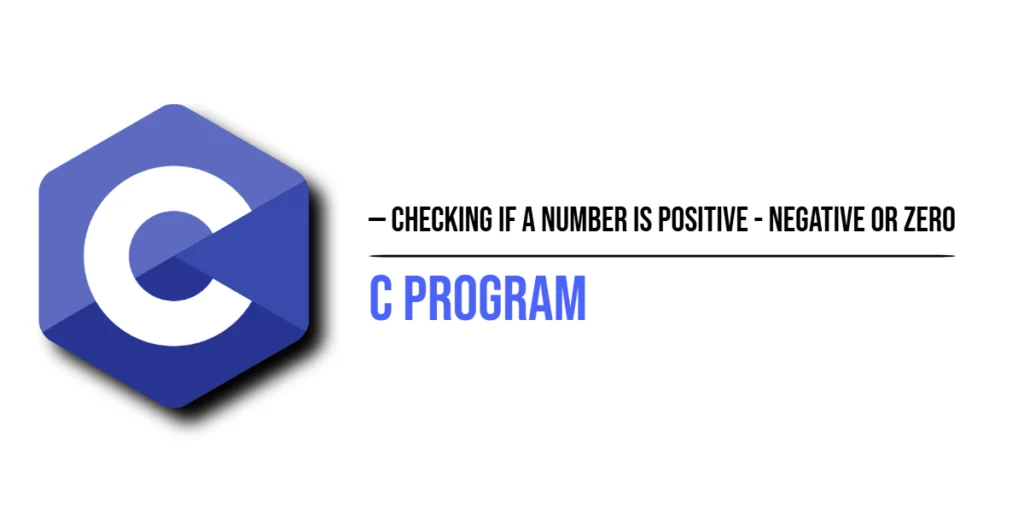Adding all the elements of an array is one of the fundamental tasks in C programming. This exercise teaches beginners how to use loops effectively, work with arrays, and perform calculations on multiple values. Understanding how to sum array elements is also the foundation for more advanced tasks such as calculating averages, finding totals in datasets, or performing statistical analysis.

with hands-on learning.
get the skills and confidence to land your next move.
The program will take input from the user to create an array, then it will iterate through all the elements and calculate the total sum. By the end of this tutorial, you will know how to write a working program to sum array elements.
Understanding the Problem
Finding the sum of elements in an array is straightforward. We need a variable to keep track of the total, which we start by setting to zero. As we go through each element in the array, we add it to this total. When we finish traversing the array, the total variable holds the sum of all elements.
This approach shows how loops and variables work together in C to process data efficiently. It also lays the foundation for more advanced tasks, like using functions or recursion to solve the same problem.
Method 1: Using a Loop
This is the simplest and most straightforward method. The program asks the user for the number of elements, reads the elements into an array, and then sums them using a loop.
#include <stdio.h>
int main() {
int n, i, sum = 0;
printf("Enter the number of elements in the array: ");
scanf("%d", &n);
int arr[n];
printf("Enter %d elements: ", n);
for(i = 0; i < n; i++) {
scanf("%d", &arr[i]);
}
for(i = 0; i < n; i++) {
sum += arr[i]; // Add each element to the sum
}
printf("The sum of all elements in the array is: %d\n", sum);
return 0;
}This method is efficient, easy to understand, and perfect for beginners. It reinforces the use of loops, arrays, and arithmetic operations.
Method 2: Using a Function
Instead of performing all calculations in main(), we can write a separate function to calculate the sum. This makes the code modular and reusable.
#include <stdio.h>
int arraySum(int arr[], int n) {
int sum = 0;
for(int i = 0; i < n; i++) {
sum += arr[i];
}
return sum;
}
int main() {
int n;
printf("Enter the number of elements in the array: ");
scanf("%d", &n);
int arr[n];
printf("Enter %d elements: ", n);
for(int i = 0; i < n; i++) {
scanf("%d", &arr[i]);
}
int sum = arraySum(arr, n);
printf("The sum of all elements in the array is: %d\n", sum);
return 0;
}Using a function keeps the summing logic separate from input/output, making the program cleaner and easier to maintain.
Method 3: Using Recursion
Recursion offers an elegant alternative. The sum of an array is the last element plus the sum of the remaining elements.
#include <stdio.h>
int sumRecursive(int arr[], int n) {
if(n == 0) {
return 0; // base case
}
return arr[n - 1] + sumRecursive(arr, n - 1);
}
int main() {
int n;
printf("Enter the number of elements in the array: ");
scanf("%d", &n);
int arr[n];
printf("Enter %d elements: ", n);
for(int i = 0; i < n; i++) {
scanf("%d", &arr[i]);
}
int sum = sumRecursive(arr, n);
printf("The sum of all elements in the array is: %d\n", sum);
return 0;
}This method is elegant and demonstrates recursion, but it uses more memory for the recursive calls and is less practical for very large arrays.
Common Beginner Mistakes
When calculating the sum of array elements, beginners often make these mistakes:
- Forgetting to initialize
sumto0, which can produce incorrect results because it may contain a random value. - Using incorrect loop limits, causing the program to skip elements or potentially crash.
- Not ensuring that the array size matches the number of elements being read, which can lead to runtime errors.
To avoid these issues, always initialize your accumulator variables, check loop boundaries, and confirm that the array size matches the input.
FAQs
Q1: Can this program handle negative numbers?
Yes, negative numbers are handled correctly because addition works for both positive and negative integers.
Q2: Can we calculate the sum of a float array?
Yes. You can declare the array and the sum variable as float instead of int, and the logic will remain the same.
Q3: What if the array is empty?
If the array has zero elements, the sum will remain 0. Always check that the user enters a valid number of elements.
Q4: Can we calculate the sum using a function?
Yes, writing a separate function to calculate the sum makes your code modular and reusable for other programs.
Conclusion
Calculating the sum of array elements is a basic yet essential C programming exercise. This program helps beginners understand loops, array traversal, and arithmetic operations. Mastering this simple logic will prepare you for more advanced topics like averages, cumulative sums, or multi-dimensional array operations. Practice this example to build confidence in handling arrays effectively.
References & Additional Resources
- Kernighan, Brian W., and Dennis M. Ritchie. The C Programming Language, 2nd Edition. Prentice Hall, 1988.
- GeeksforGeeks: Sum of Elements in an Array – Clear examples with explanations.
- TutorialsPoint: C Arrays – Detailed guide on arrays in C.
- Programiz: C Programming Examples – Beginner-friendly C programs.
- Stack Overflow: Calculating Sum of Array Elements – Community solutions and discussions.







